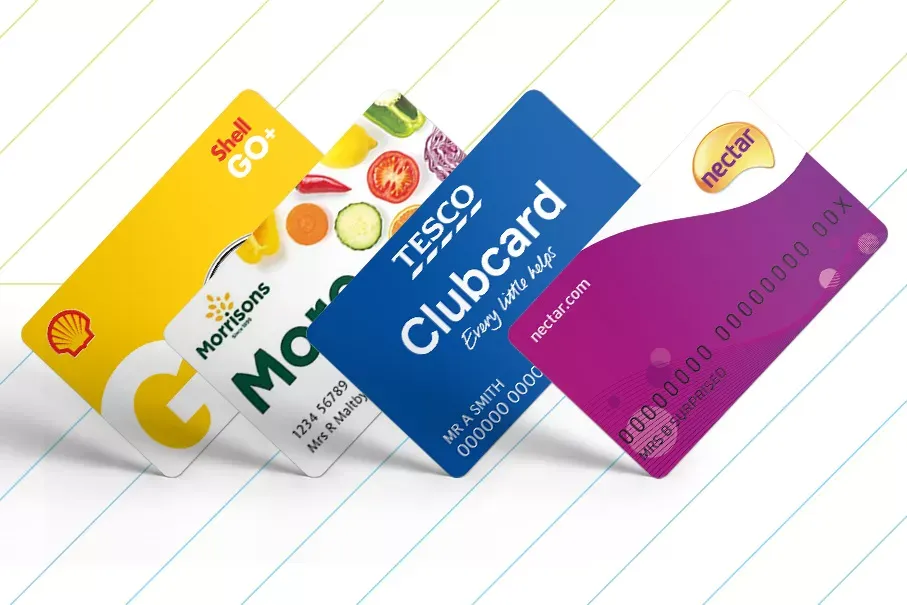03/10/2016

While minimising risk is the best way to minimise accidents, some are unavoidable. With 150 work-related Road Traffic Incidents (RTIs) occurring daily, the statistics point to your fleet vehicles being involved in post-incident litigation at some point. The question is, how much will it cost?
Costs
Drivers who are untrained or unable to record crucial information after an incident may incur extreme costs for your business. FMG, a provider of incident management services, estimates the cost of failure to collect third-party contact details at 900%. AXA Insurance backs up this estimate: in an interview with Fleet News, AXA’s Motor Risk Control Manager, Doug Jenkins, said he’d seen “claims that should have been £5,000 go up to £50,000.”
The post-incident process: scene information
The ability to respond quickly in the aftermath of an RTI is key. Build a process, and put it in place. ‘Crash kits’ are highly recommended: in-cab kits containing everything a driver needs to record incident information at the scene. These often include a selection of pre-printed road layouts and a pen, so drivers can draw a diagram of the incident. A digital camera may also be included, though drivers can of course take pictures with their phones.
It’s vital to record as much scene information as possible. An insurance company will want to see photos of the vehicles in situ, and pictures of any visible damage. General environmental pictures detailing road markings, road signs, and weather conditions are also helpful.
Third-party information
Gathering third-party information is crucial: without it, you cannot start the claims process. Drivers will need to take the name and contact details of the driver and any witnesses, and note the number of people in the third-party vehicle. Registration plates are also important: again, take photographs where possible.
Recording incident information
The aftermath of an RTI can be a disorienting time for a driver, which is why it’s important to have a post-incident process in place. If your driver has been trained in fleet policy for post-incident information gathering, you will raise your chances of supplying everything required for a quick investigation and speedy outcome.
Dashboard cameras are a key weapon in your liability arsenal. They have the potential to record conclusive information to support your driver’s version of events, and as such can be the deciding factor in mitigating vehicle downtime and avoiding fraudulent third-party claims.
Reporting the incident
According to insurance insiders, speed of reporting is the deciding factor in minimising costs. AXA recommends reporting incidents within one hour, and certainly no more than three hours after they happen.
The crucial factor here is beating the third party in a race to what is known as First Notification of Loss (FNOL). Winning the FNOL race gives control of the situation to your insurer, which allows you to keep tabs on costs and repair timeframes.
Do you have a mechanism in place for reporting incidents? Let us know on LinkedIn and Twitter.
fuelGenie is a leading UK fuel card services provider.


